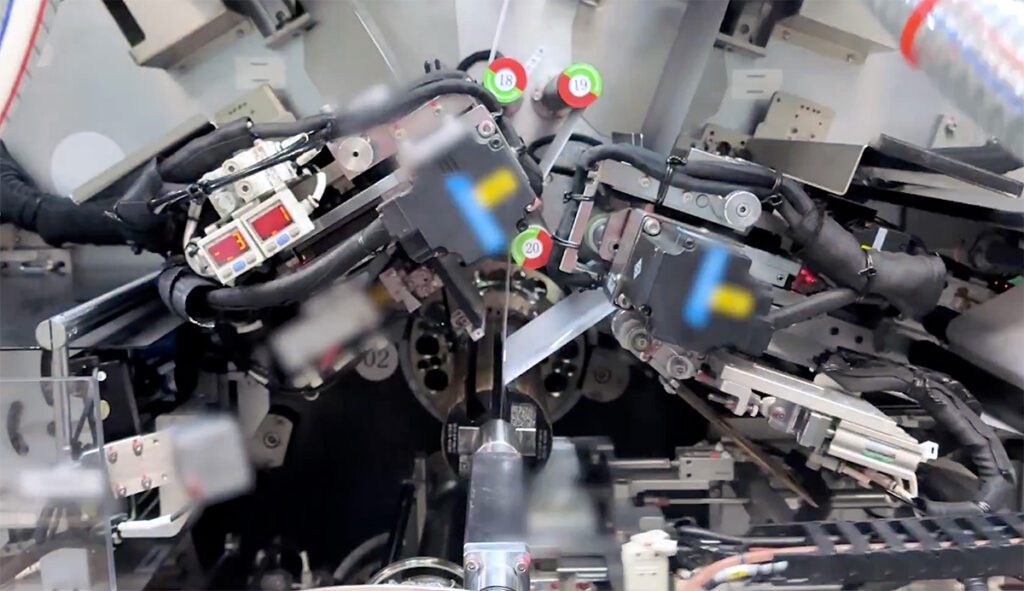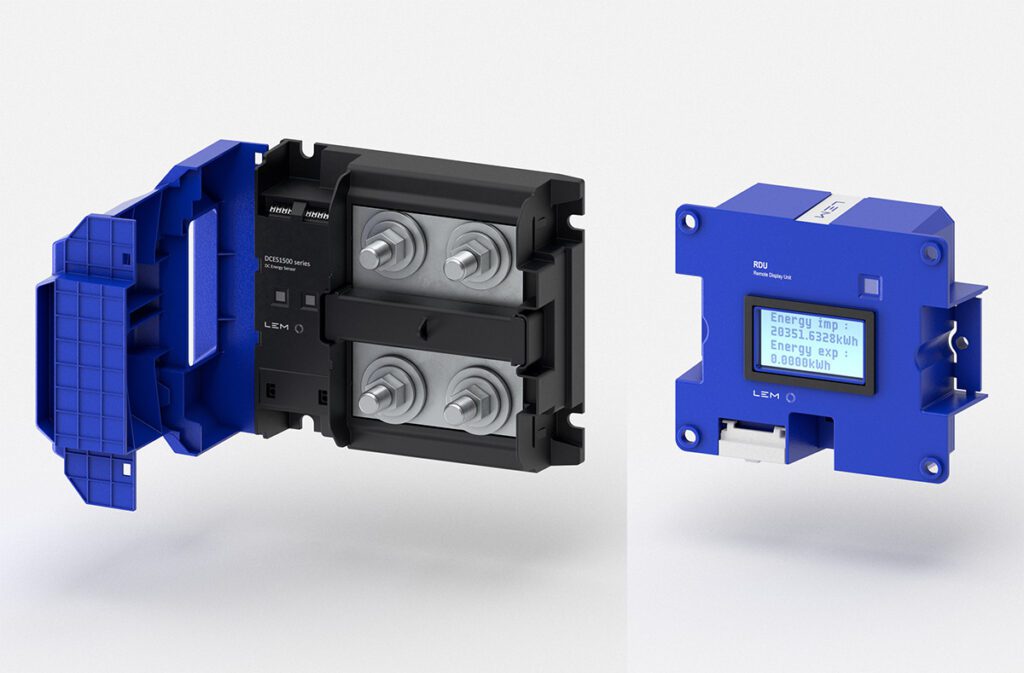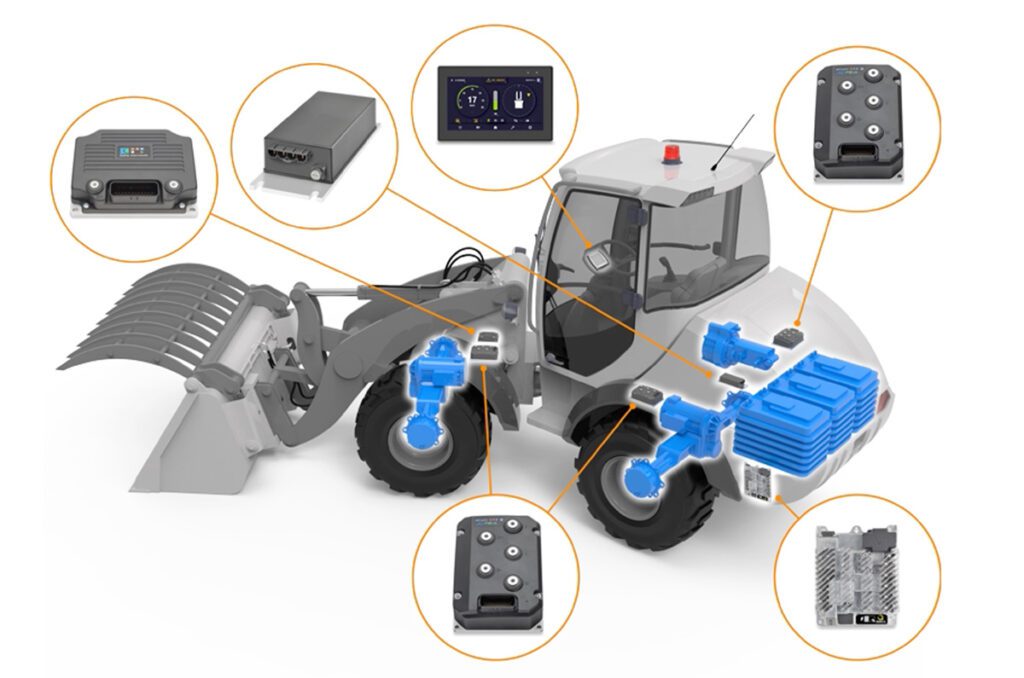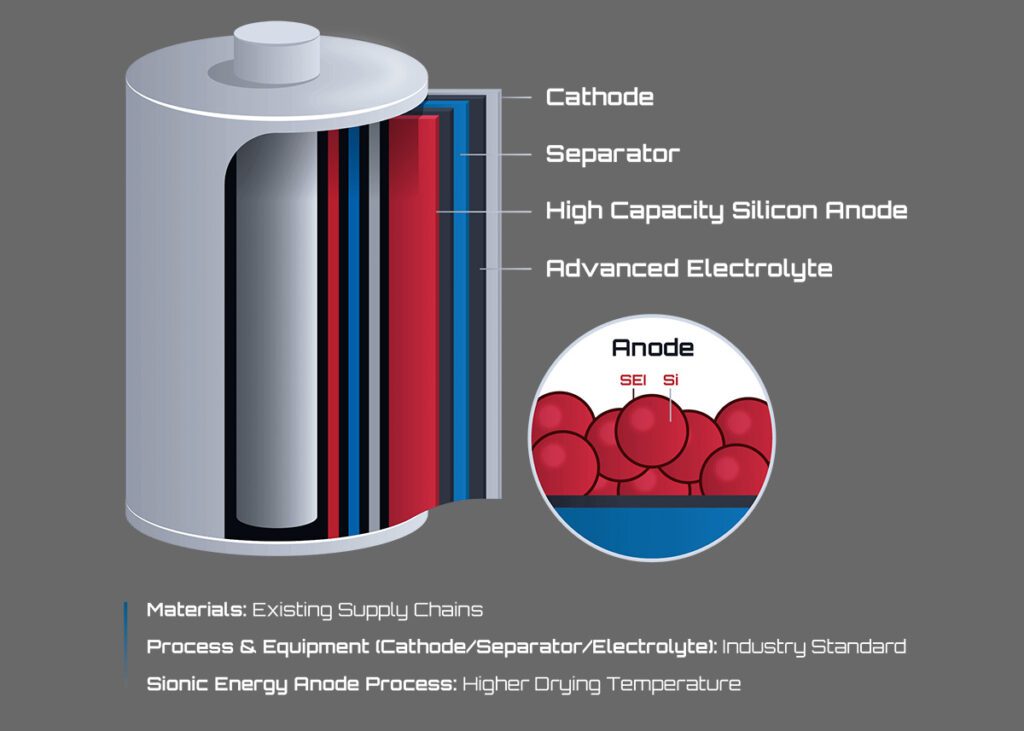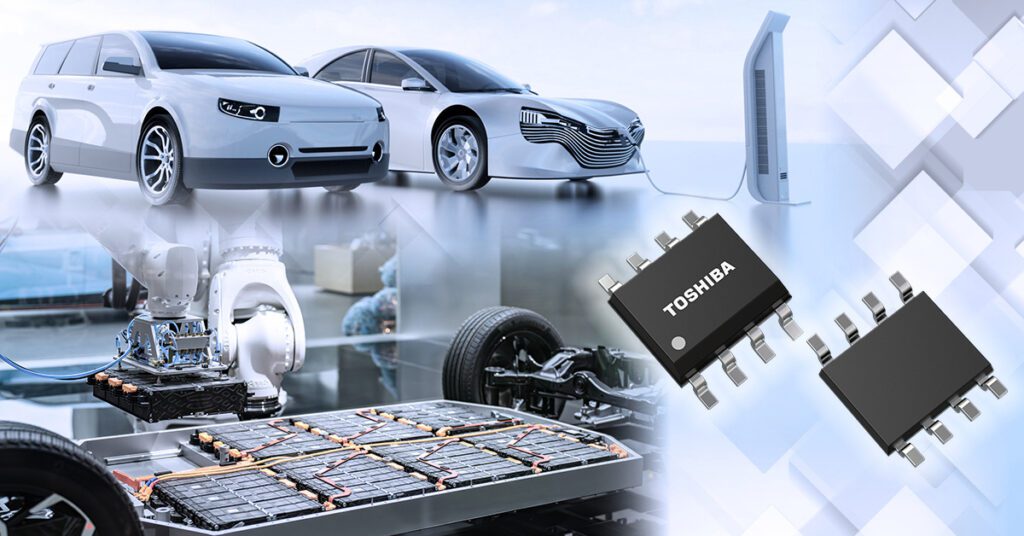Toyota and Denso have collaborated to develop a silicon carbide (SiC) power semiconductor for use in power control units (PCUs).
Using SiC power semiconductors, Toyota aims to improve hybrid fuel efficiency by 10 percent and reduce PCU size by 80 percent, compared to current PCUs with silicon-only semiconductors.
The PCU is a critical component of any electrified powertrain, controlling the flow of power from the battery to the motor, and from regenerative braking to the battery. According to Toyota, the power semiconductors in PCUs account for an estimated 20 percent of total electrical power loss, so improving semiconductor efficiency can lead to large gains in overall efficiency.
SiC power semiconductors have low power loss when switching on and off, allowing for efficient current flow even at higher frequencies. This enables the coil and capacitor, which account for approximately 40 percent of the size of the PCU, to be reduced in size.
Toyota and Denso began basic research into SiC semiconductors in the 1980s. Toyota has installed the jointly developed SiC power semiconductors in prototype PCUs, and test driving has confirmed a fuel efficiency increase exceeding 5 percent under the JC08 test cycle.
Source: Toyota via Green Car Congress






































